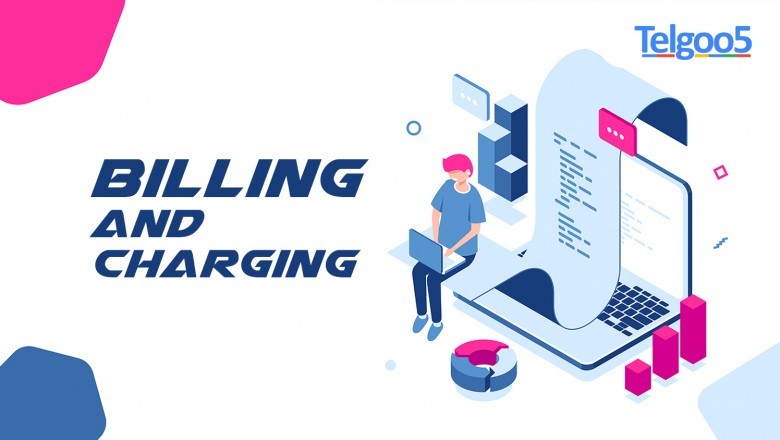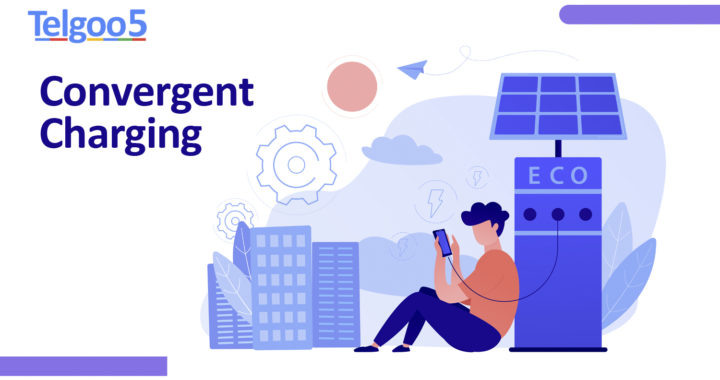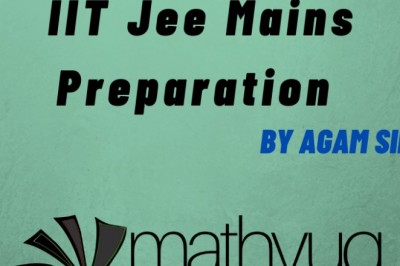views

Billing and charging are two of the most important aspects of telecom operations. In today’s time, customers are really concerned about the charges that they incur as a result of their service usage. So, if you are making errors in your billing, which is very much possible when legacy charging systems are used, you are likely to face a backlash sooner rather than later.
Evolved Charging Platform to Meet Evolving Requirements

The pace of innovation of telecom tech has increased a great deal in the past. Companies in the telecom domain need to keep up with the pace and come up with billing solutions that meet emerging customer requirements.
For example, MVNO, MVNA and MVNE need to have carrier-grade billing and B/OSS platform in order to keep their customers satisfied. In case, a customer has already used self-care and other innovative options from other major telecom services provider, he would be less willing to come on board even if the services are reasonably priced by an MVNO.
Access an Evolved OCS System for Next-Gen Billing
An evolved OCS system keeps itself updated with the latest technology and compliances. In today’s world, failing to comply with the standards and rules set by the regulatory bodies such as FCC in the US can become a major headache for businesses. Getting hit by a violation charge is bad for reputation. In the worst-case scenario, if you are unable to meet critical tech specifications and not operating as per standards, your business prospects could be hit pretty badly.
OCS system should stick to the standard tech specifications laid down by 3GPP, so as to prevent revenue leakage. Top OCS systems provide the following features:
First-class credit limit implementation
With the advent of IoT and 5G, customers are expected to incur high charges if the data is not throttled or notifications are not provided timely. An OCS that always implements credit limits accurately ensures customers never have to pay additional charges without any knowledge.
Unified billing via consolidated charges
As an OCS can charge every service at one point, it is able to perform unified billing. Both event- and session-based charging are possible. It means Internet charges, mobile data charges and call minutes can all be calculated at the same point. Therefore, CSPs can send consolidated bills that depict bifurcated charges for all services.
Fault tolerant and high load bearing capacity
An OCS needs to be powered by in-memory computing architecture for it to perform millions and millions of calculations every day. Top OCS systems ensure that the computing resources on the cloud are good enough to prevent faults and handle high loads.












